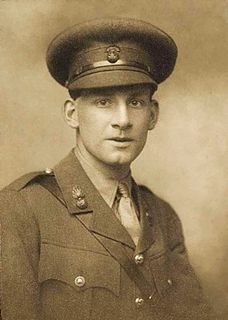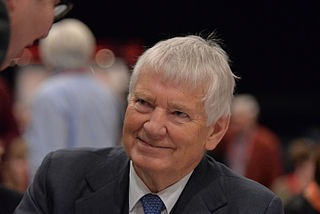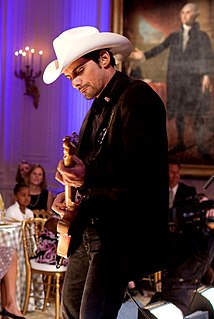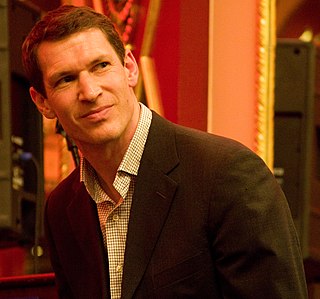A Quote by Martin Niemoller
What should we do? We have no wish to interrupt the destroyer's work of saving lives... But war is war and the people being picked up out of the water are soldiers bound for the front; soldiers who are to shoot at our German brothers... The question whether we are to perish in despair or defiance, or survive all trails with a live conscience, depends wholly and solely on whether we believe in the forgiveness of sins. This 25th January was the turning point in my life, because it opened my eyes to the utter impossibility of a moral universe.
Quote Topics
Because
Being
Believe
Bound
Brothers
Conscience
Defiance
Depends
Despair
Destroyer
Eyes
Forgiveness
Forgiveness Of Sins
Front
German
Impossibility
Interrupt
January
Life
Live
Lives
Moral
My Life
Opened
Our
Out
People
Perish
Picked
Point
Question
Saving
Shoot
Should
Sins
Soldiers
Solely
Survive
Trails
Turning
Turning Point
Universe
Up
Utter
War
Water
Whether
Wholly
Wish
Work
Related Quotes
I am making this statement as an act of wilful defiance of military authority, because I believe that the War is being deliberately prolonged by those who have the power to end it. I am a soldier, convinced that I am acting on behalf of soldiers. I believe that this War, on which I entered as a war of defence and liberation, has now become a war of aggression and conquest.
Our justification from sins takes place at the point of saving faith, not at the point of water baptism, which usually occurs later. But if a person is already justified and has sins forgiven eternally at the point of saving faith, then baptism is not necessary for forgiveness of sins nor for the bestowal of new spiritual life. Baptism, then, is not necessary for salvation. But it is necessary if we are to be obedient to Christ, for he commanded baptism for all who believe in him.
War is the spectacular and bloody projection of our everyday living. We precipitate war out of our daily lives; and without a transformation in ourselves, there are bound to be national and racial antagonisms, the childish quarreling over ideologies, the multiplication of soldiers, the saluting of flags, and all the many brutalities that go to create organized murder.
With soldiers, their wives are so fundamental in their relationships, and yet there's this kind of other war happening back in the States, where wives of soldiers don't quite understand what their husbands have been through, because their husbands won't really talk about it, and that's really the hidden war.





































